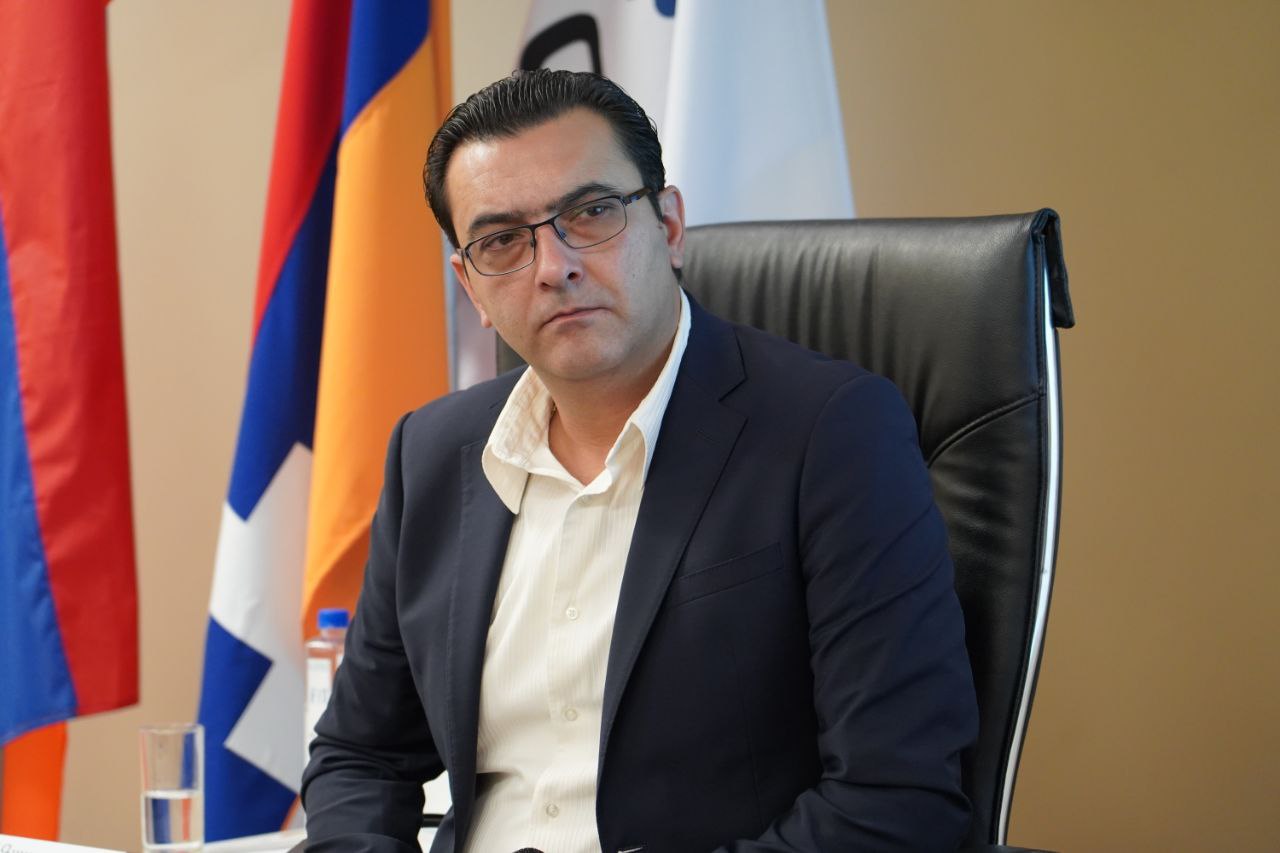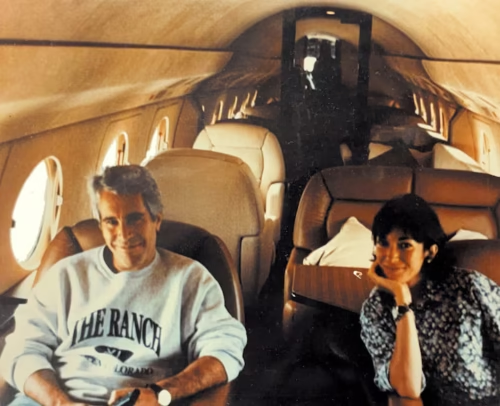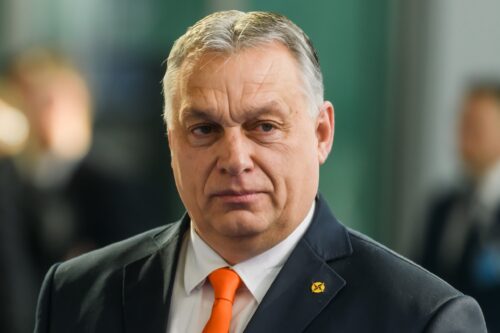
The text of Abraham Gasparyan’s speech banned in Tehran
Below we present the text of the speech by Abraham Gasparyan, director of Genesis Armenia Think Tank/Foundation. Gasparyan was not allowed to deliver the speech in Tehran due to efforts by the Armenian authorities.
“With sincere joy and gratitude, I accepted the invitation from the Armenian National Committee of Iran to speak at the central event organized on the 110th anniversary of the Armenian Genocide. It is an honor and a solemn responsibility to address a community that is not only close to our hearts but also the heart of the Armenians and Armenia—at least for several centuries. I have not come empty-handed. I bring from Yerevan the traditional wisdom of torchlight procession, the spirit of the eternal fire, the demanding and unyielding will of the youth—to keep alive the memory of the Genocide victims, to reflect, to discuss the challenges facing the Armenian and national political agenda, to talk about the urgent need for the collective return to Artsakh, and to propose reasonable and realistic ways to ensure the security of our homeland’s eastern border—the Republic of Armenia.
The commemoration of the 110th anniversary of the Armenian Genocide is not just a memorial act for me but also a responsibility passed down through generations—not only for the victims but also for the survivors and those who got back on their feet. The anniversary is a duty to realize that, first and foremost, the goal of preventing genocide is to ensure the security of the Armenian people and their inherited state, and morally and ethically, to uphold the truth. We are obliged to speak not only about what happened in 1915 but also about what is happening today—right before our eyes—as the genocidal policies are being implemented under the criminal silence of our own state. The false and incomplete thesis that the Armenian people were subjected to genocide because they had no state is flawed. The displacement of Artsakh proved otherwise: there was a state, Yerevan knew everything but failed to prevent the displacement. The purpose of such contradictory theses is to justify Turkish complicity and to wash the hands of the genocidal country — the Ottoman Empire and its successor, the Republic of Turkey — involved in planning, organizing, and executing the genocide, as well as dispossessing and depriving the Armenian people, making it a crime against civilization and evading responsibility.
It is an undeniable fact that within the framework of international law, genocide is recognized as a crime against humanity, and denying or ignoring it is a moral and legal crime. Full recognition of the genocide is incomplete without justice. We, Armenians, are still victims of half-recognized truth. And this cannot continue forever; otherwise, we will bury our right to exist peacefully in our homeland. Recognizing the genocide without accountability turns it into a mere formality, but what we need is justice—not symbolic but on a legal and political level. Recognition itself is not condemnation. But condemnation without sovereignty is an unaccountable crime. Therefore, the next phase of the 110-year-long struggle must be the establishment of sovereignty — demanding documented ownership, international lobbying, compensation, and return. I declare this as a descendant of Western Armenian and Cilician survivors, whose grandfathers fought to the last bullet instead of surrendering and crying, as was fashionable at the time.
Our people living on Eastern Armenian soil are currently facing complex military and security challenges. In the formation of a new world order, the key is state thinking, cold calculation, awareness of national and state interests, and avoiding adventures.
The Armenian state propaganda machine, driven by fanatical enthusiasm, is flooded with anti-civilizational, anti-ideological interpretations of the causes of the Armenian Genocide, which not only undermine our political struggle but also challenge the entire civilized world, which has studied, researched, concluded, recognized, and condemned the undeniable reality of the genocide in thousands of volumes.
The issue of the Armenian Genocide is not only a component of national identity and a matter of restoring historical justice but also an issue of international humanitarian and criminal law that cannot be abandoned.
I reaffirm that the horizontal, Turkish-Azerbaijani blockade imposed on Armenia, combined with the anti-Armenian hostile rhetoric, has compounded the failure of the state’s external and security policies over the past seven years. Moreover, due to this shortsighted and deliberate policy, Armenia has been pushed from the negotiating table and is gradually fulfilling the humiliating capitulation demands of the enemy tandem, which could lead to the vital loss of independence, sovereignty, and possibly territorial integrity. Targets include Syunik, Tavush, Gavar, and Ararat provinces.
The current Armenian government continues to speak about the highest achievement of the Armenian people—the declaration of independence—with mockery, incorrect and unacceptable ideas, fabricated false theses, and openly offensive labels that contradict the national and state interests. The government is preparing the ground to please Ankara and Baku, ensuring their political longevity and preparing the ground for the Armenian people to abandon the Declaration of Independence adopted on Aug. 23, 1990, which explicitly supports the fate of the Western Armenian genocide victims and the right to self-determination of Artsakh. To abandon or renounce either of these fundamental principles would mean the end of the Third Armenian Republic.
We are politically mature and aware enough to distinguish between healthy, reasonable opportunities for normalizing relations between states and one-sided capitulation. The Armenian Genocide issue particularly relates to the national security of the Entente powers, and any distortion or legal reinterpretation of it will serve as a blueprint for new genocides and other crimes against humanity committed by Turkey. The Armenian people’s problem is not with the Turkish people but with the Turkish state’s denial machinery, which, 110 years after the genocide, continues to promote hatred against Armenians, hostile rhetoric against Armenia, and, contrary to official Yerevan’s policy of surrender and appeasement, keeps Armenians at the brink
The arbitrary and distorted interpretations of the Declaration of Independence and national symbols, the attempt to rewrite Armenian history, and the efforts to undermine the Armenian and homeland idea under the guise of critical thinking only spoil the main condition for building and developing the state: public consensus.
Independence is the political wisdom of our collective organization, respecting law and order, being educated with values, being armed with knowledge, creating, developing, keeping pace with the technological achievements of the time, an indicator of the spiritual and intellectual development of the nation, the degree of civilizational maturity, the commitment and responsibility for state-building, the realization of national aspirations. All of this, legally and objectively, cannot be opposed to the agenda of international recognition, condemnation and rule of law of the Armenian Genocide, which has been artificially pushed out of the political and diplomatic agenda of the Republic of Armenia. It is an adventure that whets the appetite for new and destructive concessions in the enemy trying to bring Armenia and the Armenian people to their knees.
The superficial name of the process is peace, which is undignified, based on unilateral, damaging concessions. The establishment of a stable, lasting, hopeful, just and comprehensive peace in the region implies the elimination of the threat of force, the withdrawal of the Azerbaijani occupation troops from the sovereign territory of the Republic of Armenia, comprehensive security guarantees, the clarification of the status of Artsakh, and the implementation of geopolitical and power balances in the region. In the context of the latter, perhaps the only positive development that we have witnessed in the past five years, after the 44-day war, were the joint Armenian-Iranian military exercises, in the implementation of which it is impossible not to appreciate the active role and hard work of the political structures of the organized Iranian-Armenian community. As the director of the Genesis Armenia Think Tank/Foundation, I have repeatedly emphasized the need to implement a vertical diplomatic line, the Moscow-Yerevan-Tehran strategic axis, despite all the political adventurers and to those who want to turn our region into a new battlefield between the East and the West. I believe that the Yerevan-Tehran allied relations have not only political and security significance, but also civilizational. The one who destabilizes the Armenia-Iran border is the enemy of Armenia and the Armenian people, regardless of its scale, capabilities and regional weight. It is precisely the active role of Iran that inhibits the aggressive actions of the Turkish-Azerbaijani tandem against Armenia. The Armenian people will not forget their friends on difficult days.
At the same time, I would like to state that it is a delusion, ignorance, and political immaturity to link the defense of one’s own state, the natural right of a nation to exist and develop, with other states or forces. The national-state interest of Armenia, Artsakh, and the Armenian people presupposes distrust, flattering empty hopes, uncalculated approaches, the answer to which is collective physical destruction and deprivation of the homeland. Let us remember the year of 1915. The guarantor of our security is us, the Armenian Army, whose role we must thwart all attempts to devalue, belittle, and demoralize.
The return of Armenian security has several key components: a technologically developed, economically powerful, combat-ready state with an army, realism, correct international rhetoric, flexible diplomacy, and allies. And I will disappoint all those political pathetics who will try to manipulate that such an agenda is revanchist and contradicts the security of the region. What I am saying is the prerequisite for the only and real peace agenda in the region. If there is no balance of power, international mechanisms to prevent a new war, if in ideological terms that peace document is not fair, not comprehensive, does not take into account the interests of the people of Armenia and Artsakh, then it is a false peace, moreover, a prerequisite for a new war and the destruction of at least one of the sides.
Dear compatriots,
Artsakh is a symbol of the just struggle of all disenfranchised nations of the world, a crucial component of the collective identity of Armenians. For this reason, there must be consensus among the key political and civil organizations, unions, parties and influential forces of the Republic of Armenia, Artsakh and the Diaspora to declare the issue of the return of Artsakh residents to their homeland a priority of the national political agenda. The issue of Artsakh has not been closed, moreover, the issue of a dignified, safe and collective return remains on the political agenda of the South Caucasus states, naturally excluding Turkey and official Yerevan.
The disregard for the collective right of the people deprived of their homeland as a result of the one-day war unleashed on September 19, 2023 against Artsakh, the vandalistic destruction of Artsakh’s historical and cultural heritage, the illegal hostage-taking of Artsakh’s military and political leadership in Baku prisons and the initiation of fabricated criminal cases against them, the incessant demands for the sovereign territories of the Republic of Armenia, and the occupation of strategic territories of the Republic of Armenia once again prove that Baku is not sincere and consistent in establishing relations with official Yerevan, in making the peace process stable, reliable, fixed and guaranteed by international mechanisms long-lasting. Baku’s goals are deeper and long-term: to turn Armenia into a dwarf state unit in the South Caucasus, a toothless vassal territory, devoid of water resources, a transit corridor for the Turkic world, a puppet unit without an army and combat capability.
In 1915, Turkey thought it had provided a “final solution” to the Armenian Cause. They failed: Whoever defended themselves was saved, whoever believed in the false words of peace and brotherhood was massacred. A century after the genocide, the picture repeated itself. In 2023, the picture repeated itself in Artsakh: war, blockade, famine, victims, deprivation of homeland. Now is not the time to talk about losses, we need to talk about the legal continuity of the genocidal policy.
We must place the Artsakh issue at the center of the strategy for international recognition of the Genocide—not as a separate page from a folder, but as a continuation of the Armenian Genocide, a gross violation of the equality of nations and the natural right to self-determination.
We cannot change the past, but we must prevent its repetition. History repeats itself only among illiterate peoples. For those who draw the right conclusions from the lessons of history, political thinking and pro-state positions become an everyday exercise. A citizen who has learned the right lesson from history at least once knows that one must create support within one’s own country, not rely on a foreigner. It is such a citizen who, when ascending the Tsitsernakaberd Memorial Complex, becomes not a keeper of memory, but a holder of rights, not an heir, but a creator, not a homeless person, but a returnee.
And when we chant the slogan “Never Again,” we do not say it as victims of a genocide, but as a people who have survived, built, and are ready to restore their stolen rights, which are timeless. Therefore, our struggle today is not for the commemoration of the past, but for the Armenia of the future.
A self-centered Armenian who is defeated inside, lives with a longing for justice, has no ideal or collective dream, will not achieve any victory outside. We have that ideal: Armenia must become a modern state with a growing population, educated and values-bearing youth, a powerful economy and a strong army, whose citizens will carry the blue passport of the Republic of Armenia with tangible pride. For this, we need a spirit, a living spirit, which will give us the strength to dream and set goals. This is the dream of every Armenian. Destroyed are the people whose dream is not to have a powerful state. We must be able to turn that dream into a goal with sensible and realistic solutions and bring it to life, dividing responsibility between generations.
We have fallen and been crushed more than once. The important thing is not to give up, not to be discouraged, not to surrender, not to become a prisoner and slave to adaptation. Remember, we must respond harshly to the blows inflicted on the Armenian national consciousness. The weakening of national consciousness will lead us to the loss of identity, will turn us into a nationless mass seeking the path of migration, praising the power of a foreign crown.
The most precious factor in the life of nations, the foundation for creation, is the homeland, and the state is its toolkit. A people without a homeland cannot create a state. The homeland is not a place of immorality for collecting taxes, establishing one’s own dictatorship, or obediently serving a foreigner. The state must survive for a long time, it must educate, nurture, create generations, it must be able to unite the collective efforts of the nation’s children in order to deserve the sun of the homeland. Nations become eternal when all its human, intellectual, moral, and material potential is put on the table for the liberation of the homeland and the creation of a just social order. To have a homeland, you must fight not against an external enemy, but, first of all, against an oppressive, exploitative, unjust, and tyrannical ruler… in other cases, the homeland becomes just a geographical concept, a blank space, which today will be called a state, tomorrow will remain in history textbooks as a place that once existed. If you have a homeland, then you have a prerequisite for spiritual, intellectual, physical, and natural development. Politically mature nations, groups, and organizations cannot succeed if their ideology does not include the creation of one’s own independent and free homeland, the liberation of the individual and the collective from violence, ignorance, and injustice. It is precisely for this reason that the most terrible crime against all humanity is the deprivation of a homeland, and on the contrary, the most cherished mission in human history is homeland building. Any sparing of abilities on this path is not only unforgivable, but also a waste of individual and collective forces. And only through daily work does the building of a homeland become a belief, a collective lasting value, and capital, which is inherited from generation to generation.
Let us not be mistaken: the state is never and never the homeland. The state is a physical part of the homeland. The homeland is not just a territory, but a set of values, well-being, security and sovereignty that people feel when the state gives them citizenship, a dignified life, confidence and a vision of the future. The state grows and develops when it is guided by national interests, when the economy works for the benefit of the people, when the security system is strong, and when education prepares thinking, strong citizens, not a catwalk.
Ours is Armenia, simply Armenia, without labels: old, new, real or fashionable. Armenia is not a geographical term or a place, drawn by the ruler of this or that bandit… Armenia is an ideology itself. Believe me, all those forces, big and small fake parties, individual actors who seize the consciousness of the Armenian people, the will to live and create in a free and complete homeland, will face the terrible judgment of the Armenian people. And all those who bring grist to the mill of denial and revision of history will be thrown into the garbage dump of history.
Cowardly states have no place in history. Memory is a powerful weapon only when it is put to use. I appeal to my dear young people gathered in the hall: Your generation must dismiss the political superstition that “Armenia is small, weak, unable.”
No, Armenia is as small as our responsibility is small. And when we sing “From the depths of Persia, a letter has come…” know for sure, you are the vigilant guardian of the rebirth of Armenianness, the true faith in patriotism, the national-state agenda of Armenia, Artsakh and the Armenian people, the right of which you have inherited on the streets and offices of Jugha, Rasht, Tabriz, Urmia, Khoy, Salmast and Tehran, sparing nothing that is most precious for the eternity of Armenians and Armenia: from the Ephrems, Minasyans, Ter-Grigoryans, Marukhyans.
We remember the innocent victims of the Genocide. And I wish us wit, strength and an unbreakable will to restore our inalienable rights. Stay strong!”


